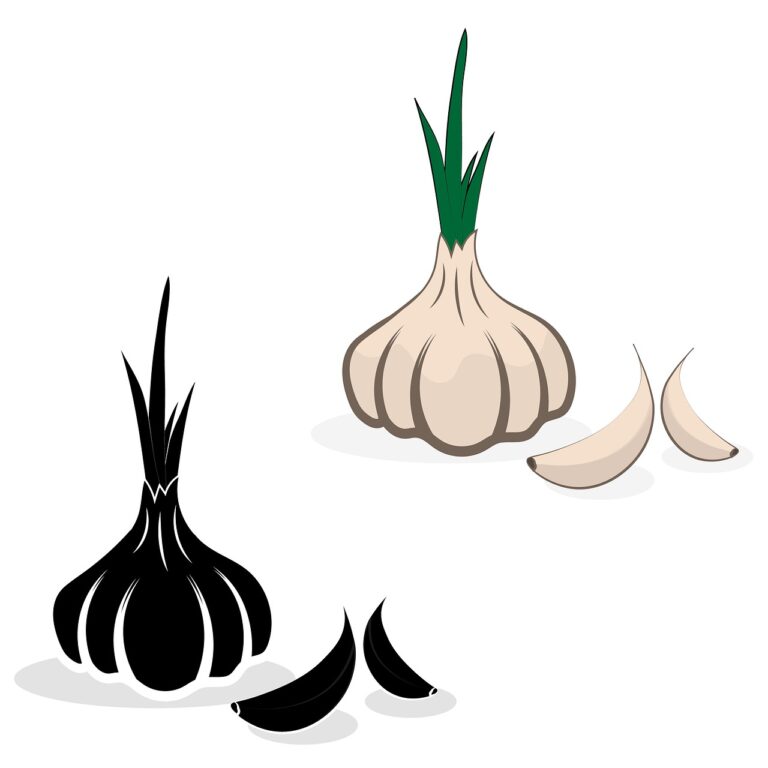The Rise of Organic Juices: Understanding Consumer Preferences: 11xplaylogin, King567 sign up, Skyinplay
11xplaylogin, king567 sign up, skyinplay: The Rise of Organic Juices: Understanding Consumer Preferences
In recent years, there has been a significant rise in the popularity of organic juices. Consumers are becoming more conscious of what they put into their bodies and are seeking out healthier alternatives to traditional sugary drinks. This shift towards organic juices can be attributed to a variety of factors, including increased awareness of the benefits of organic produce, concerns about the health and environmental impacts of conventional farming practices, and a desire for more natural and sustainable food options.
So why are consumers turning to organic juices, and what are their preferences when it comes to choosing a product? Let’s take a closer look at the rise of organic juices and understand consumer preferences in this growing market.
The Benefits of Organic Juices
Organic juices are made from fruits and vegetables that are grown without the use of synthetic pesticides, herbicides, or fertilizers. This means that they are free from harmful chemicals and toxins that can be present in conventionally grown produce. Organic farming practices also promote soil health, biodiversity, and water conservation, making organic juices a more sustainable choice for both consumers and the environment.
Additionally, organic fruits and vegetables are often higher in nutrients and antioxidants compared to their conventional counterparts. This is because organic farming methods focus on enhancing the natural properties of the soil, which can lead to higher nutritional content in the final product. As a result, organic juices are seen as a healthier option for consumers looking to boost their immune system, improve their digestion, or simply enjoy a refreshing and nutritious drink.
Consumer Preferences in Organic Juices
When it comes to choosing an organic juice, consumers have a variety of preferences that influence their purchasing decisions. These preferences can include factors such as flavor, price, convenience, and brand reputation. Some consumers may prioritize taste and flavor profiles, preferring juices that are sweet, tangy, or tart. Others may be more concerned with the nutritional content of the juice, looking for options that are low in sugar, high in vitamins and minerals, or contain specific ingredients like ginger, turmeric, or kale.
Price is also an important consideration for many consumers when choosing an organic juice. While organic products are typically more expensive than conventional ones, some consumers are willing to pay a premium for higher quality and more sustainable products. However, price sensitivity can vary depending on the consumer’s budget, income level, and perceived value of the product.
Convenience is another factor that can influence consumer preferences in organic juices. Some consumers may prefer to purchase ready-to-drink juices that are conveniently packaged and easily accessible. Others may opt for juicing at home using fresh organic fruits and vegetables, which allows for greater customization and control over the ingredients and flavors.
Brand reputation can also play a significant role in consumer preferences for organic juices. Consumers may be more likely to trust and purchase from established brands that have a reputation for quality, transparency, and sustainability. They may also be influenced by recommendations from friends, family, or influencers who endorse specific organic juice brands.
The Future of Organic Juices
As consumer preferences continue to shift towards healthier and more sustainable food choices, the demand for organic juices is expected to grow. Market research reports forecast steady growth in the organic juice market, driven by increasing awareness of the benefits of organic farming, changing dietary habits, and a growing interest in natural and plant-based products.
To stay competitive in this evolving market, juice companies will need to innovate and adapt to meet the changing needs and preferences of consumers. This may involve developing new flavors and products, expanding distribution channels, enhancing sustainability efforts, or engaging with consumers through social media and digital marketing campaigns.
Overall, the rise of organic juices reflects a larger trend towards healthier and more conscious consumption patterns among consumers. By understanding consumer preferences and adapting to meet their needs, juice companies can capitalize on this growing market and provide consumers with the nutritious and delicious options they desire.
## FAQS
**Q: Are organic juices better for you?**
A: Organic juices are generally considered healthier than conventional juices because they are free from synthetic chemicals and pesticides. Organic juices are also often higher in vitamins, minerals, and antioxidants compared to their non-organic counterparts.
**Q: Are organic juices more expensive?**
A: Yes, organic juices are typically more expensive than conventional juices due to the higher cost of organic farming practices and certification requirements. However, some consumers are willing to pay a premium for the health and environmental benefits of organic products.
**Q: Can I make my own organic juice at home?**
A: Yes, you can make your own organic juice at home using fresh organic fruits and vegetables. This allows you to control the ingredients and flavors of your juice, as well as ensure that the produce is grown without synthetic chemicals or pesticides.







